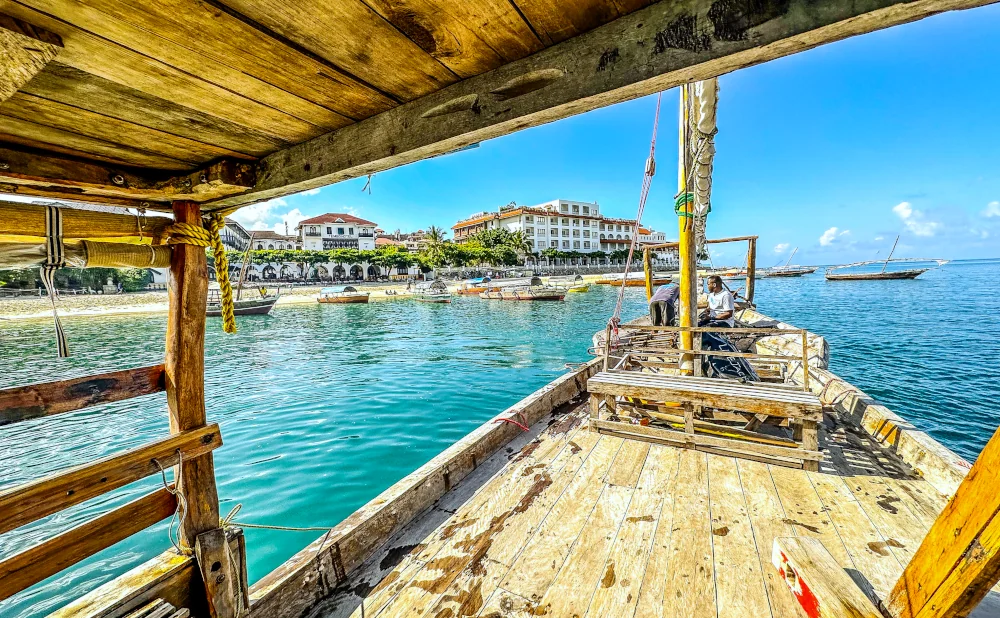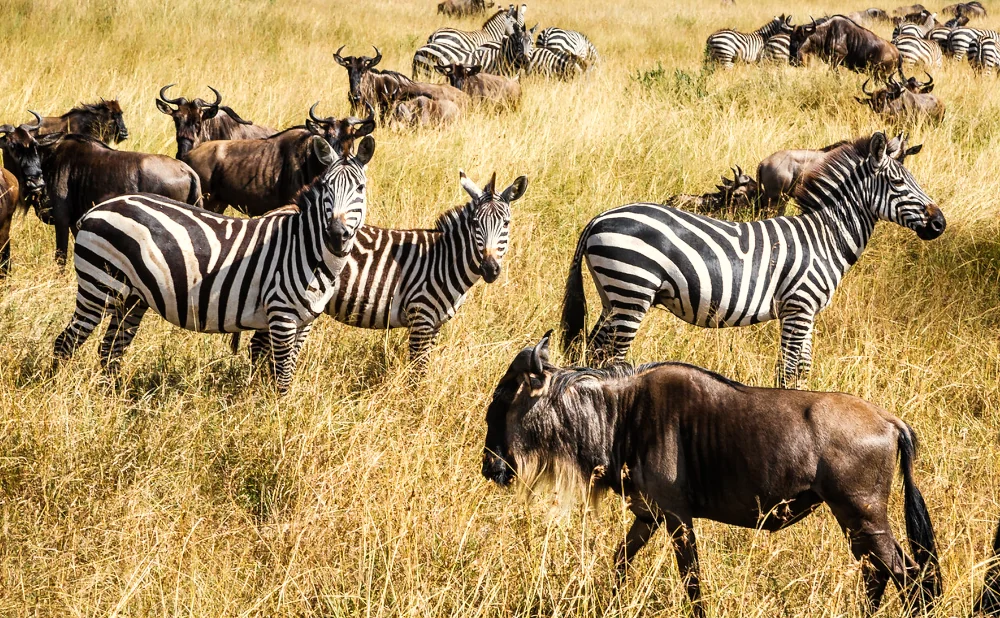Top 10 Unique Souvenirs from Tanzania
Tanzania, a country rich in cultural heritage, offers a plethora of unique souvenirs. These mementos serve as a tangible reminder of your golden trips to this vibrant East African nation.
From the colorful Tingatinga paintings to the intricate Maasai beads, each souvenir tells a story. They reflect the country's diverse traditions, craftsmanship, and natural resources.
But how do you choose the perfect souvenir? And when is the best time to buy these treasures?
In this guide, we'll explore the top 10 unique souvenirs you can buy in Tanzania. We'll delve into their cultural significance, and offer tips on when and where to purchase them.
Whether you're a seasoned traveler or planning your first trip to Tanzania, this guide will help you find the perfect keepsake. So, let's embark on this journey to discover the unique souvenirs that Tanzania has to offer.
When to Buy Souvenirs in Tanzania
The best time to buy souvenirs in Tanzania is often during your visit to local markets or cooperatives. These places offer a wide range of authentic items, crafted by local artisans.
However, avoid purchasing souvenirs at airports or hotels, as prices there are usually inflated. Haggling is a common practice in Tanzanian markets, so don't shy away from negotiating the price. Remember, buying souvenirs is not just about acquiring mementos, but also about supporting the local economy and preserving Tanzanian cultural heritage.
1. Tingatinga Paintings
Tingatinga paintings are a vibrant and colorful art form unique to Tanzania. These paintings, characterized by their bold colors and whimsical depictions of wildlife and daily life, are named after their founder, Edward Said Tingatinga.
Buying a Tingatinga painting not only gives you a beautiful piece of Tanzanian art to take home, but also supports the local artists who continue this traditional art form. Remember to ask for the story behind the painting, as each piece often carries a unique tale of Tanzanian culture and life.
2. Maasai Beads and Jewelry
Maasai beads and jewelry are a testament to the cultural craftsmanship of the Maasai tribe. These intricate pieces, often made from colorful beads, are a significant part of Maasai culture and tradition.
When you buy Maasai jewelry, you're not just buying a beautiful accessory. You're also supporting the Maasai women who create these pieces, often as their primary source of income. Each piece tells a story, making them a meaningful gift you can buy from Tanzania.
3. Tanzanite Gemstones
Tanzanite is a precious gemstone found only in Tanzania, near Mount Kilimanjaro. Its deep blue-violet hue is unique, making it a sought-after souvenir for jewelry lovers.
When buying Tanzanite, it's important to ensure its authenticity. Reputable jewelers will provide a certificate of authenticity with your purchase. This gemstone is a perfect memento of your golden trips to Tanzania, capturing the beauty and uniqueness of the country in a single stone.
4. Makonde Wood Carvings
Makonde wood carvings are a testament to the artistic talent and cultural heritage of the Makonde people. These intricate carvings often depict scenes from daily life, mythology, or abstract concepts.
When buying Makonde carvings, look for pieces made from African Blackwood, the traditional material used by Makonde artisans. Each piece is unique, making it a special gift you can buy to remember your trip to Tanzania.
5. Kitenge Fabric
Kitenge fabric is a vibrant and versatile souvenir that reflects East African fashion. The fabric is often adorned with bold patterns and bright colors, making it a visual feast.
You can use Kitenge fabric in various ways. It can be tailored into clothing, used as a tablecloth, or even framed as a piece of art. Buying Kitenge fabric supports local textile industries and allows you to bring a piece of Tanzanian style back home.
6. Tanzanian Coffee
Tanzania is known for producing some of the best coffee in the world. The country's unique climate and fertile soil create the perfect conditions for growing high-quality coffee beans.
Purchasing Tanzanian coffee as a souvenir not only gives you a taste of the country's rich coffee culture but also supports local farmers. Whether you're a coffee connoisseur or simply enjoy a good brew, Tanzanian coffee is a souvenir that you can savor long after your trip.
7. Zanzibar Spices
Zanzibar, also known as the Spice Island, is famous for its rich variety of spices. The island's history is deeply intertwined with the spice trade, and its spices are known for their exceptional quality and flavor.
From cloves and cinnamon to turmeric and vanilla, you can find a wide array of spices in Zanzibar. Buying these spices as souvenirs allows you to bring a piece of Zanzibar's culinary heritage back home. Plus, they can add a touch of Tanzanian flavor to your cooking.
8. Batiks
Batiks are hand-dyed cloths that are often used as wall hangings or clothing. The intricate designs and vibrant colors make them a visually appealing souvenir from Tanzania. Each piece is unique, reflecting the skill and creativity of the artisan.
9. Traditional Musical Instruments
Tanzania's rich musical heritage is reflected in its traditional instruments. The marimba, a type of xylophone, is a melodious souvenir that brings the sounds of Tanzania into your home.
10. Handmade Baskets and Mats
Handmade baskets and mats showcase Tanzania's traditional weaving techniques. These practical souvenirs are not only beautiful but also support local artisans and their craft.
Tips for Buying Authentic Tanzanian Souvenirs
When buying souvenirs in Tanzania, it's important to ensure their authenticity. Buying from local markets, cooperatives, and directly from artisans can help guarantee you're getting genuine Tanzanian crafts.
Remember to haggle, as it's part of the shopping experience in Tanzania. However, be respectful and fair in your negotiations. Supporting local artisans not only provides you with a unique souvenir but also helps preserve Tanzanian cultural heritage.











